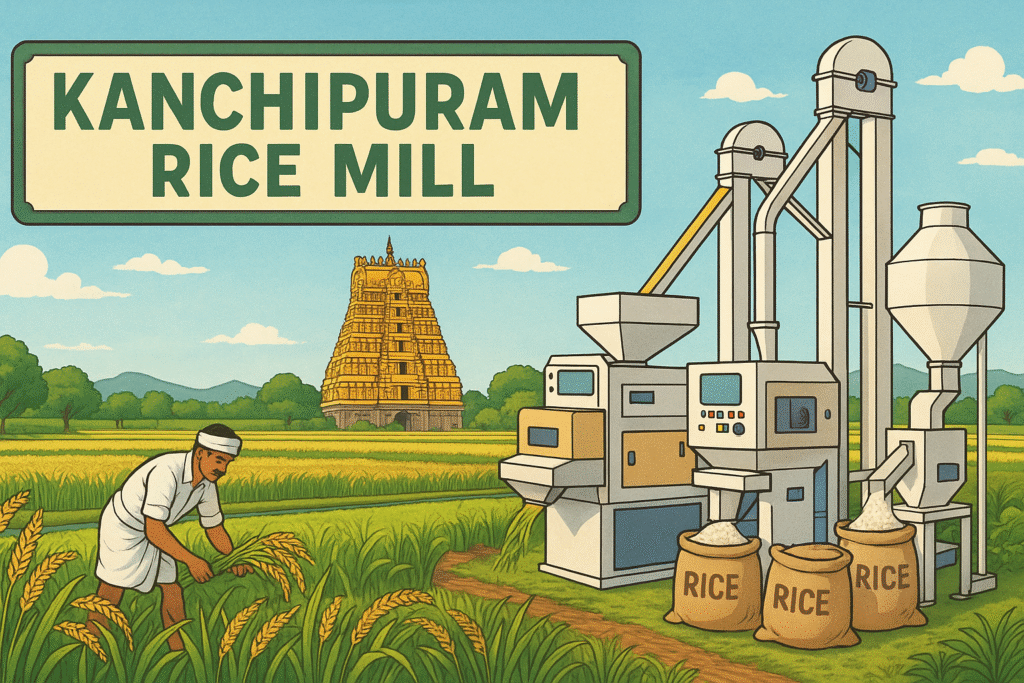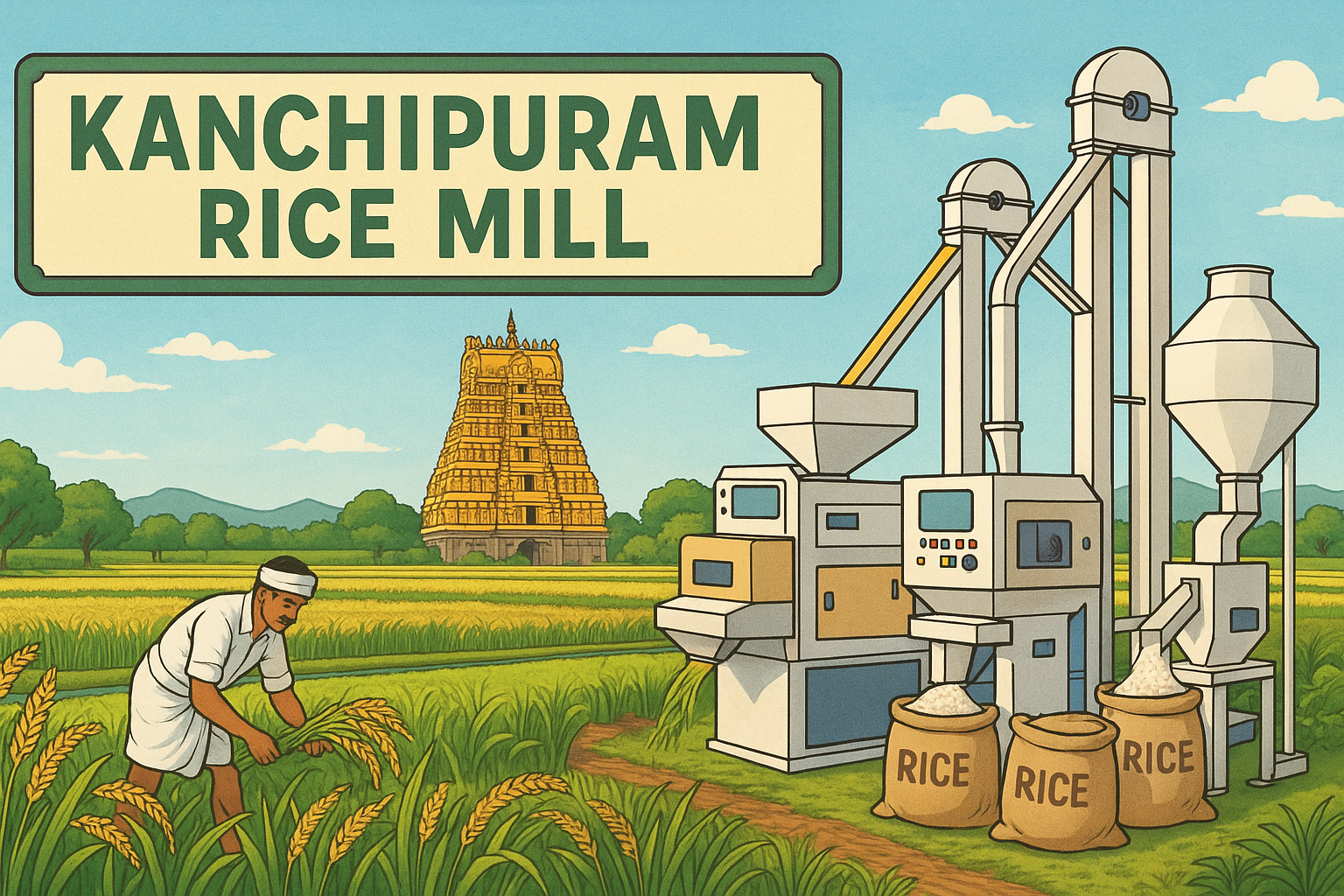India’s Recent Ban on Rice Export: A Critical Step for Food Security
Table of Contents
On 20 July, India banned exports of non-basmati white rice in an attempt to calm rising domestic prices at home. In a significant move to ensure food security within its borders, the Indian government recently imposed a ban on rice export. This decision came in the wake of mounting concerns over food scarcity and rising domestic demand. While it has sparked debates and controversies, the ban carries the potential to safeguard the nation’s population and stabilize the agricultural sector. In this blog post, we delve into the reasons behind the ban, its implications, and its role in ensuring a sustainable and secure food future for India.

Reasons for the Ban
- Climatic Changes: India is no stranger to the impact of climatic changes. Frequent droughts, floods, and unpredictable weather patterns have disrupted agricultural productivity, affecting rice cultivation. By prohibiting rice export, the government aims to secure enough reserves to mitigate potential food crises in times of agricultural uncertainty.
- Increasing Population: As one of the most populous countries globally, India is witnessing a continuous surge in population growth. With more mouths to feed, the demand for food, including rice, has been on a steady rise. The export ban serves as a measure to ensure an adequate supply of rice for the domestic population.
- Pandemic Fallout: The COVID-19 pandemic exposed vulnerabilities in global supply chains. India’s ban on rice export can be seen as a precautionary step to reduce dependence on external markets and prioritize domestic consumption during unforeseen crises.
- Food Inflation: In recent times, food inflation has been a cause of concern for the Indian economy. By limiting rice exports, the government aims to curb inflationary pressures and stabilize food prices within the country.
Implications of the Ban
- Food Security: The ban on rice export reinforces the government’s commitment to ensuring food security for its citizens. By safeguarding essential food reserves, India can better withstand any disruptions to the food supply chain and meet the demands of its burgeoning population.
- Economic Impact: For many years, rice exports contributed significantly to India’s foreign exchange earnings. With the ban in place, there may be short-term economic repercussions for rice farmers and exporters. However, the government is taking measures to provide support and incentives to the agricultural community during this transition.
- Trade Relations: The ban on rice export has sparked discussions regarding India’s trade relations with other countries. Nations that heavily relied on Indian rice may seek alternative sources, leading to shifts in trade dynamics. Diplomatic efforts will be crucial in maintaining balanced trade relations amidst the new policy.
- Agricultural Sector Focus: With rice being a staple crop, the ban necessitates a focus on sustainable agricultural practices, improving irrigation systems, and increasing yield productivity. The government’s emphasis on agricultural research and development can help enhance crop resilience and boost overall agricultural growth.
Conclusion
While the ban on rice export in India has raised concerns among certain stakeholders, it reflects the government’s commitment to ensuring food security and safeguarding the nation against potential food crises. By addressing the challenges posed by climatic changes, population growth, and global uncertainties, the ban serves as a critical step in securing the future of India’s agricultural sector.
However, the success of this policy will depend on a coordinated effort between the government, farmers, exporters, and policymakers to implement sustainable agricultural practices and prioritize domestic food needs. Through robust research, innovative strategies, and proactive planning, India can emerge as a self-sufficient and resilient food economy, capable of meeting its citizens’ nutritional requirements while maintaining a balance in international trade relations.






